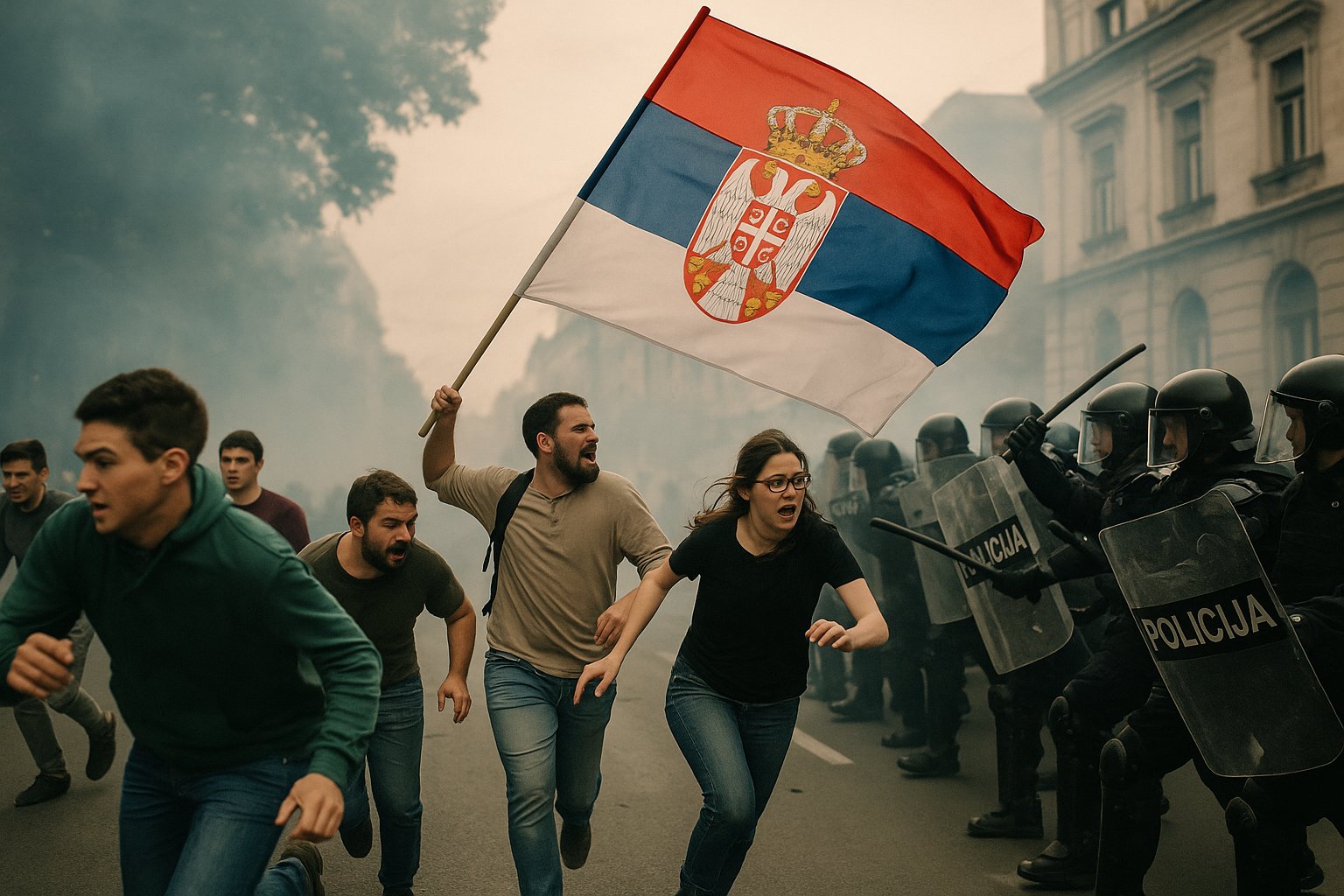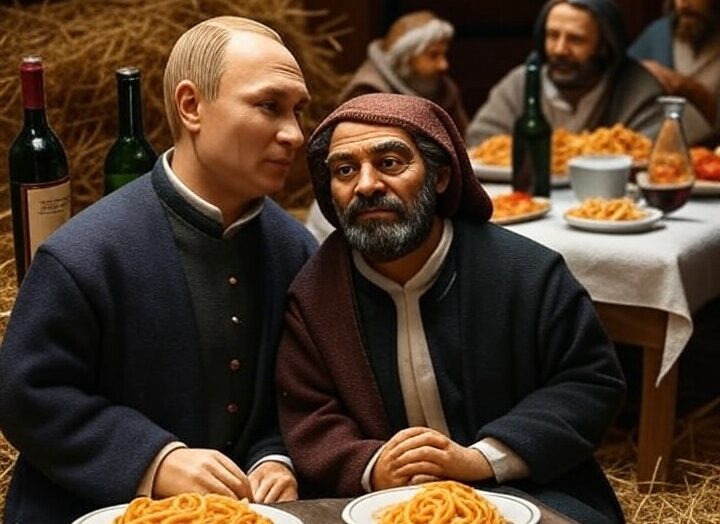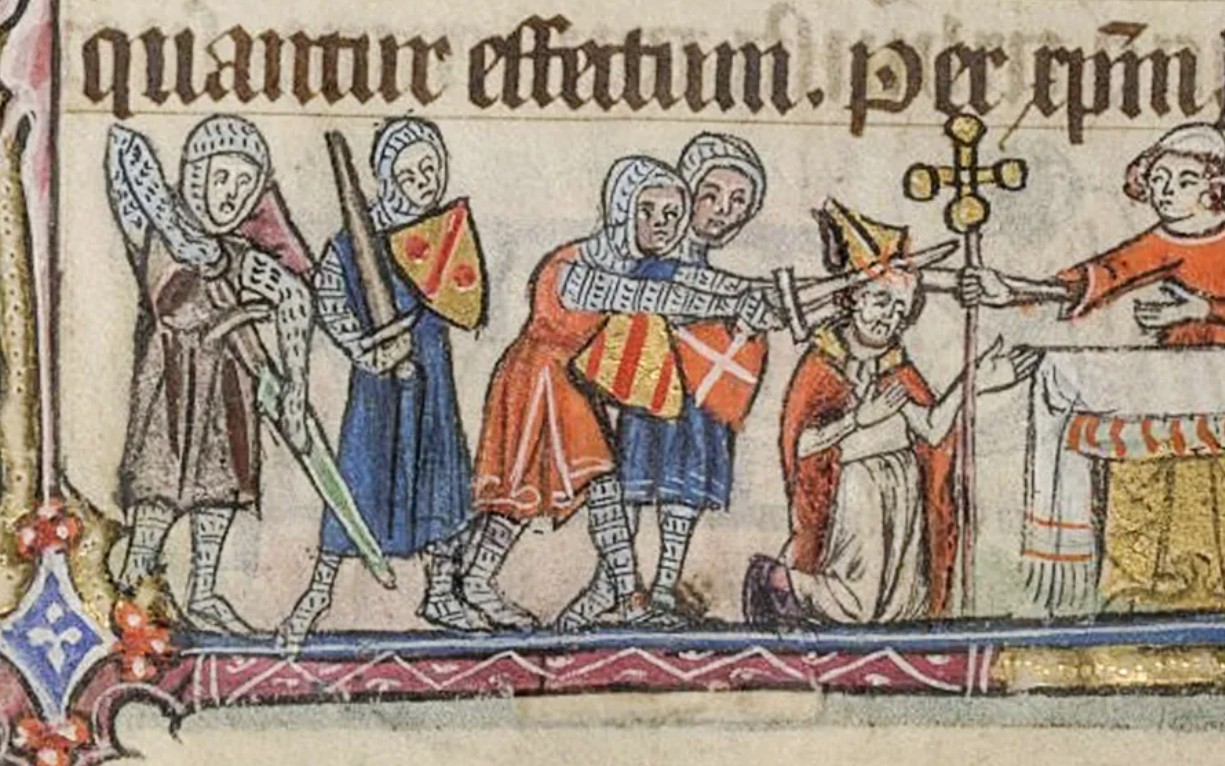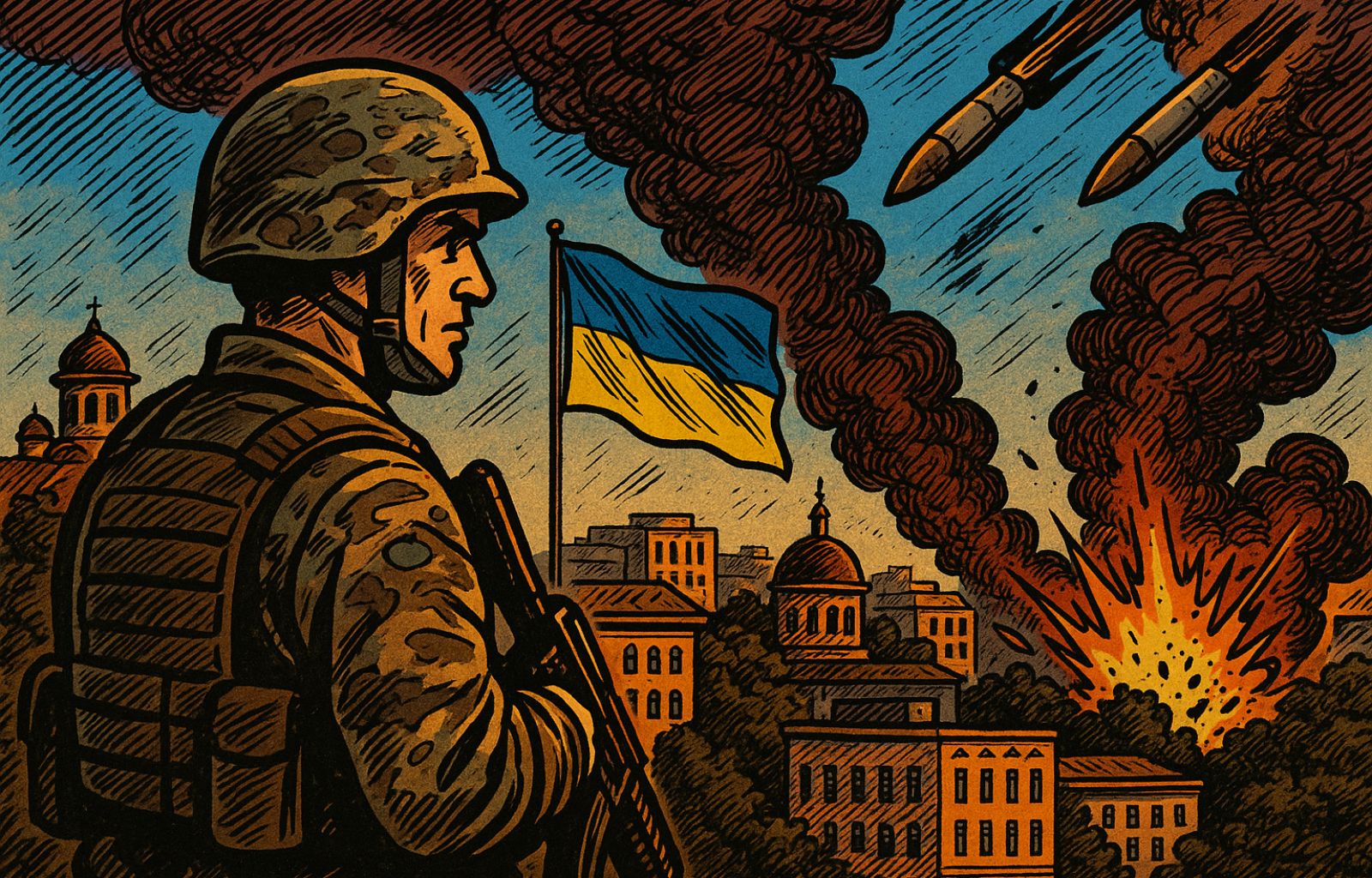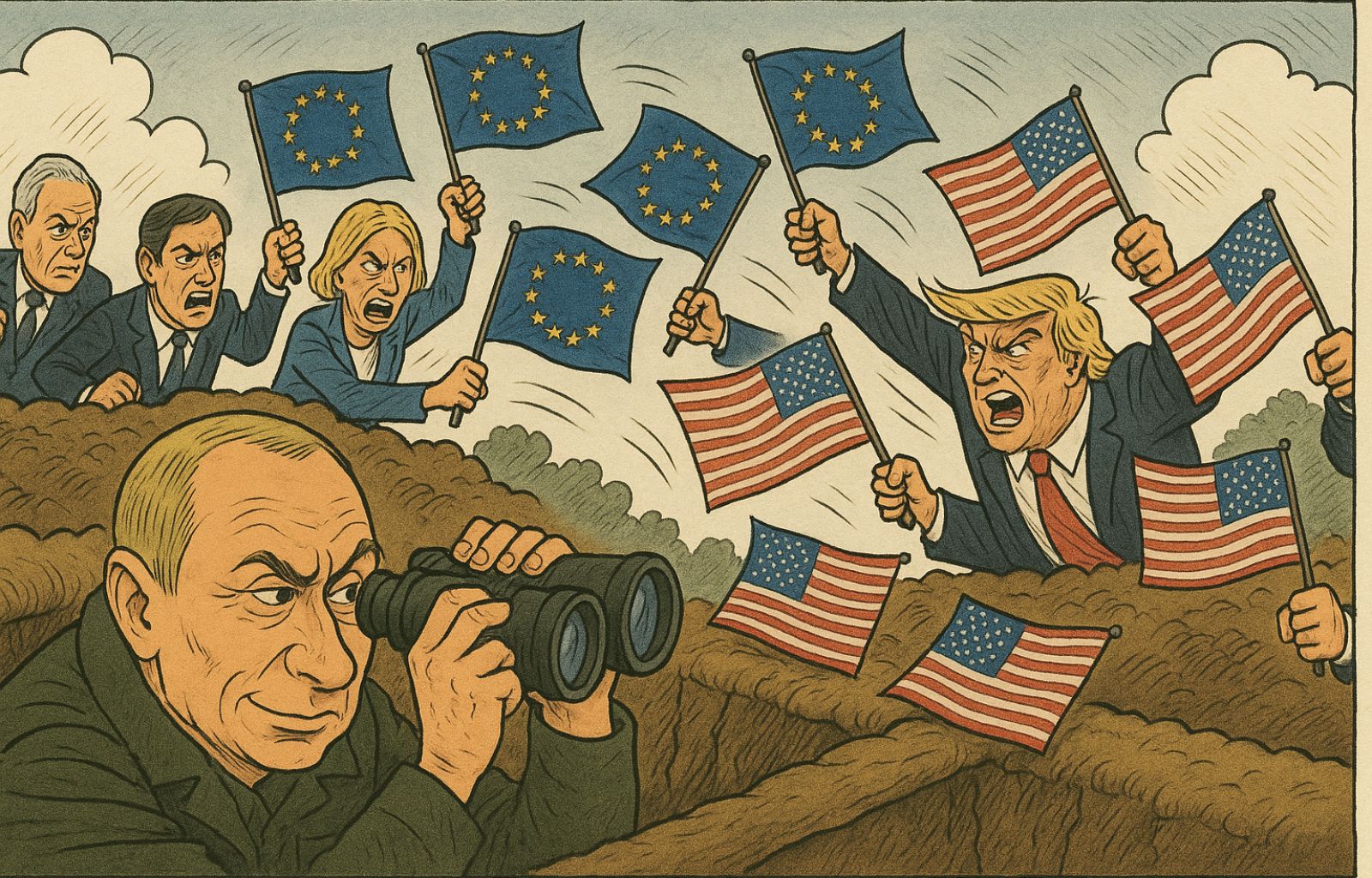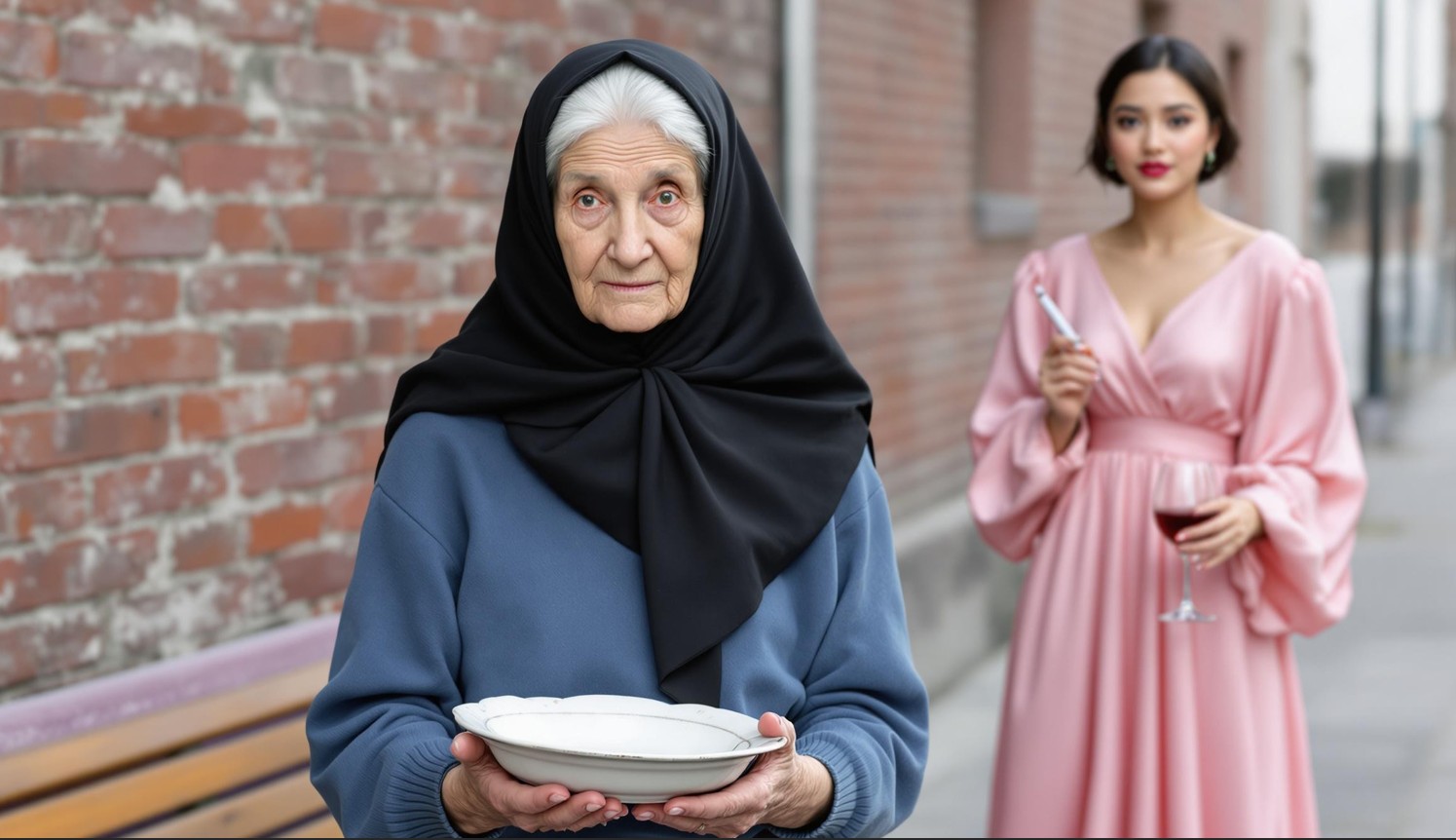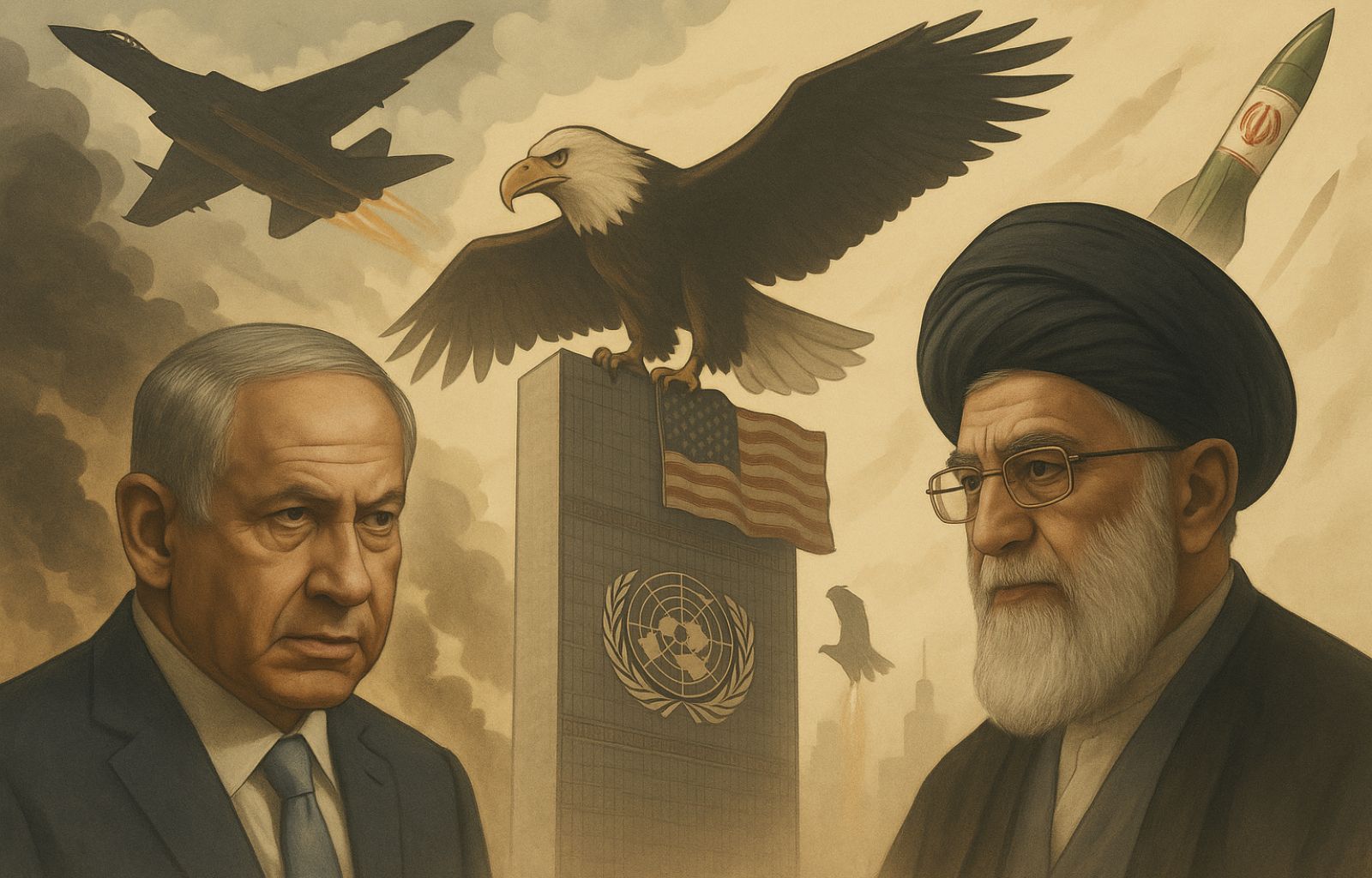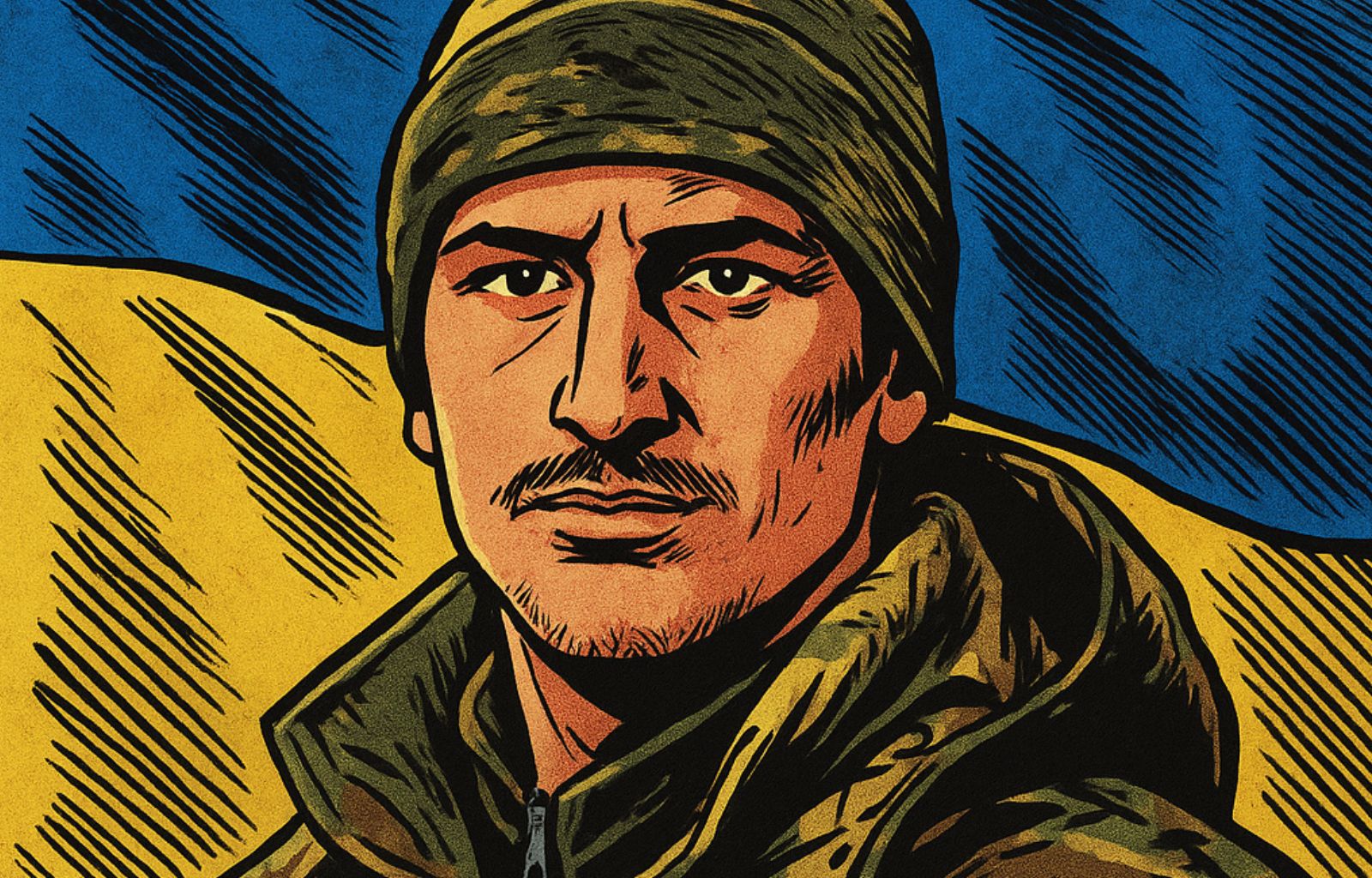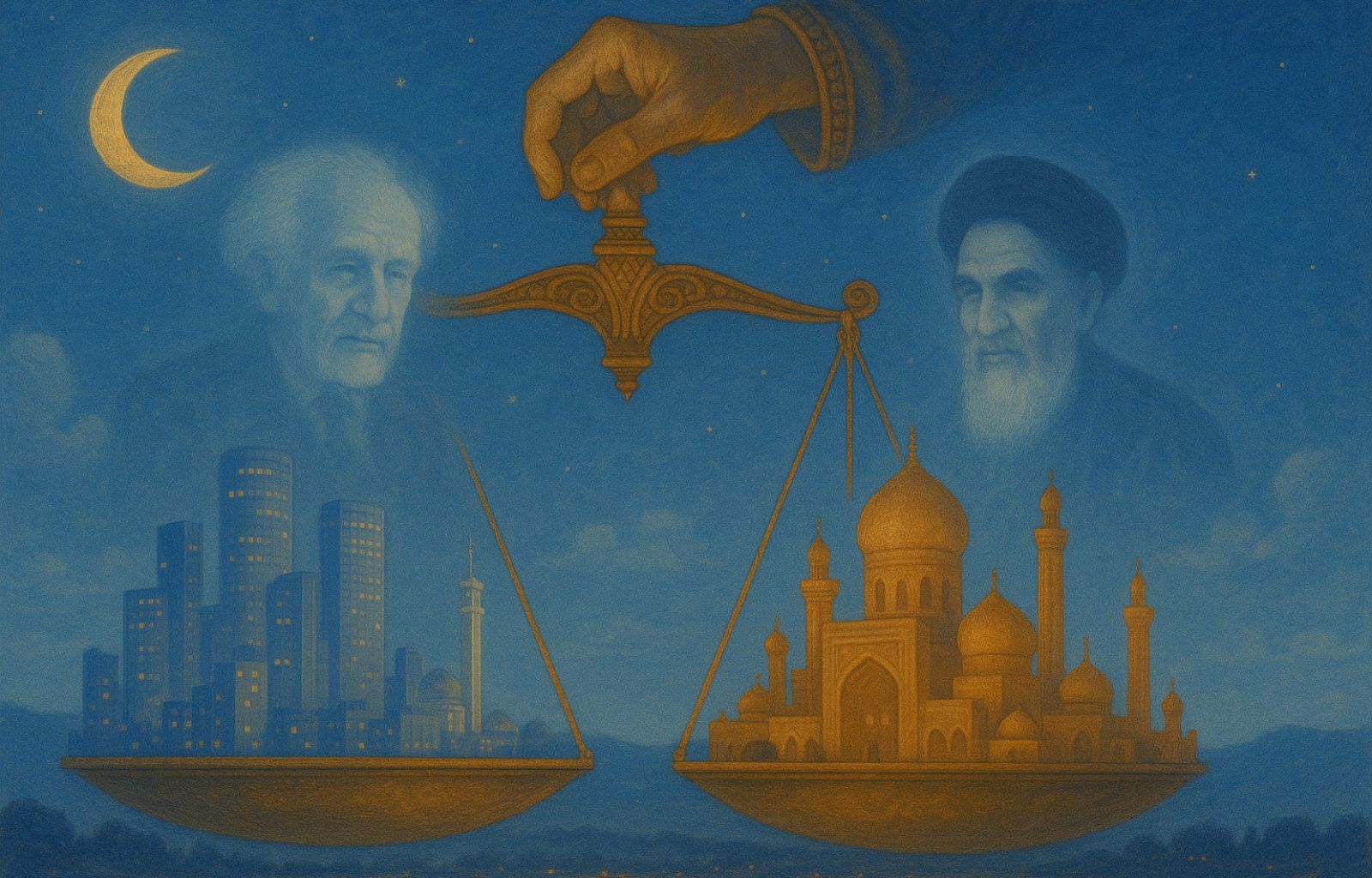Kuleba the Optimist: “Ukraine is in its strongest position ever, Russia is an empire in decline”
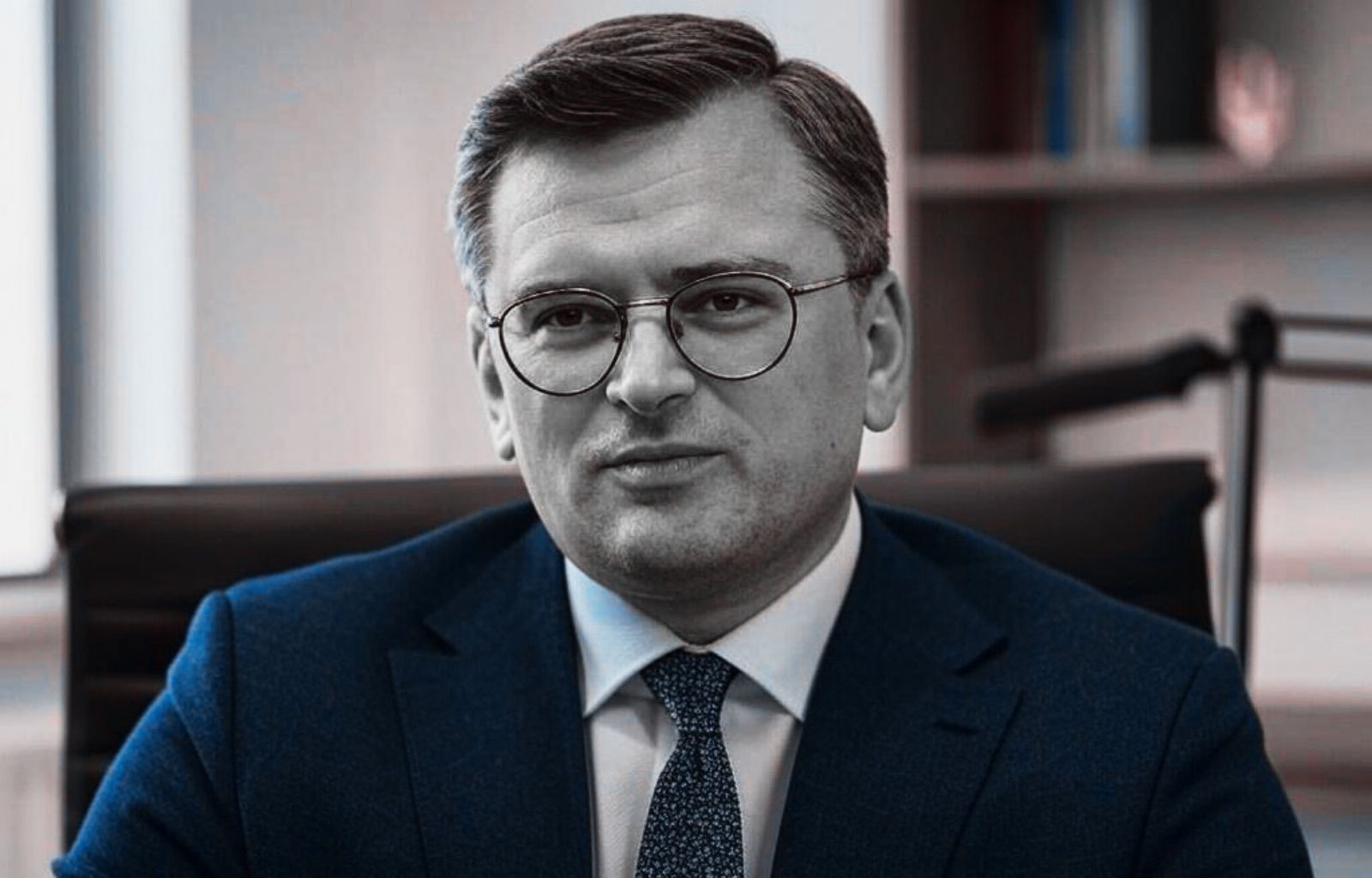
In a comprehensive interview with the Kyiv Independent, Dmytro Kuleba, Ukraine’s former foreign minister, expressed optimism about his country’s standing amid the ongoing conflict with Russia. Kuleba, who stepped down in September 2024 after more than four years of service, highlighted that Ukraine is currently in its strongest strategic position since the full-scale Russian invasion began in February 2022. However, his reflections also underscored the enduring complexities of the war and the obstacles to achieving a lasting peace.
Ukraine’s strength: a hard-earned position
Kuleba attributed Ukraine’s robust position to the resilience of its people, the valor of its armed forces, and the unwavering support of international allies. Despite suffering immense hardships and losses, Ukraine has managed to repel significant Russian advances, sustain its territorial integrity in key areas, and maintain global attention on its cause.
“Ukraine has never been in such a strong position as it is now,” Kuleba declared. Yet, he warned against complacency, emphasizing that Ukraine’s advantage is not guaranteed to last without sustained effort and strategic decision-making.
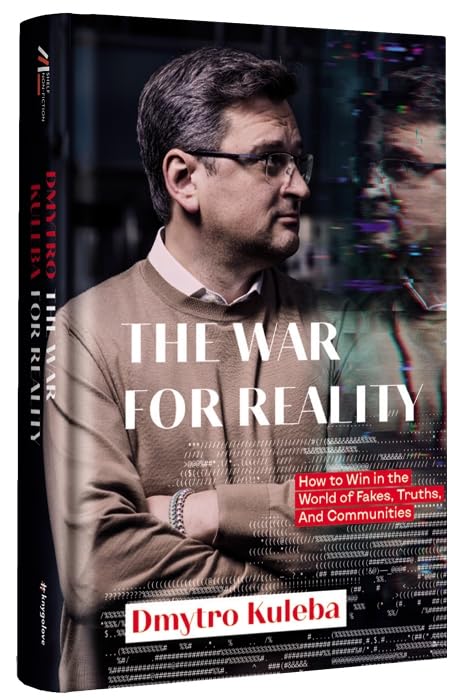
The war for our emotions and choices rages both in Ukraine and globally, with countless front lines—families, online communities, societies, and even states. Amidst fakes and truths blending together, how can we maintain our sense of reality? Former Ukrainian Foreign Minister Dmytro Kuleba offers a survival guide for navigating the information space. Using real examples, he explains five principles to counter manipulation and propaganda: grounding in reality, critical thinking, emotional management, fostering community, and collaborating with the state. Buy the book, support L’Europeista
The elusive road to peace
While Ukraine has made significant strides on the battlefield, Kuleba argued that peace negotiations remain a distant prospect. According to him, Russia has no incentive to initiate talks. Instead, it prefers to create a narrative where others approach it as a supplicant, a strategy aimed at preserving its own sense of dominance.
“We are entering a period of speculation, leaks, and diplomatic noise around peace talks,” Kuleba predicted. However, he added that meaningful discussions are unlikely to begin before the inauguration of U.S. President-elect Donald Trump in January 2025. Trump’s foreign policy stance, particularly regarding Ukraine, remains uncertain, and his administration’s approach could significantly influence the trajectory of the conflict.
Europe’s debate: rebuilding relations with Russia
Kuleba also addressed a divisive issue within Europe: whether the continent should aim to rebuild friendly ties with Russia post-conflict. He criticized this perspective as naïve and historically blind, pointing out the repeated failures of efforts to democratize Russia or curb its imperial ambitions.
“Russia is not just a modern state; it operates as a classic 19th-century empire,” Kuleba said. He argued that unless Russia faces a decisive defeat, it will continue to pose a threat to its neighbors and global stability. Drawing on historical examples, Kuleba remarked, “Empires lose their aggressive instincts only after being defeated, as we saw with Germany, Japan, the Ottoman Empire, and Yugoslavia.”
Lessons from history and the need for vigilance
Kuleba’s assessment reflects a deep understanding of both contemporary geopolitics and historical patterns. He warned that without sustained resistance and international solidarity, Russia’s expansionist tendencies could resurface, prolonging the cycle of conflict.
He also urged Western allies to resist the temptation of a hasty peace deal that might sacrifice Ukraine’s sovereignty for the sake of short-term stability. Such compromises, he suggested, would only embolden Russia and undermine the principles of international law.
Kuleba’s legacy and continuing influence
During his tenure as foreign minister, Kuleba was a tireless advocate for Ukraine on the world stage. He played a pivotal role in securing military aid, diplomatic backing, and economic support from Western nations. His resignation in September came as part of a wartime government reshuffle, but he remains an influential figure in Ukrainian politics and diplomacy.
Even out of office, Kuleba continues to shape the narrative around Ukraine’s struggle and its future. His calls for resilience, strategic patience, and international unity resonate as Ukraine braces for what may be a prolonged and challenging winter.
The path ahead
As Ukraine looks toward 2025, Kuleba’s insights highlight the delicate balance between military resilience, diplomatic engagement, and internal fortitude. The coming months will test Ukraine’s ability to maintain its hard-won position while navigating a rapidly changing international landscape.
For now, Kuleba’s message is clear: Ukraine’s strength lies in its unity, its allies, and its commitment to a just peace—one that ensures not only the survival of the Ukrainian state but also the transformation of Russia into a less aggressive and destabilizing global actor.

